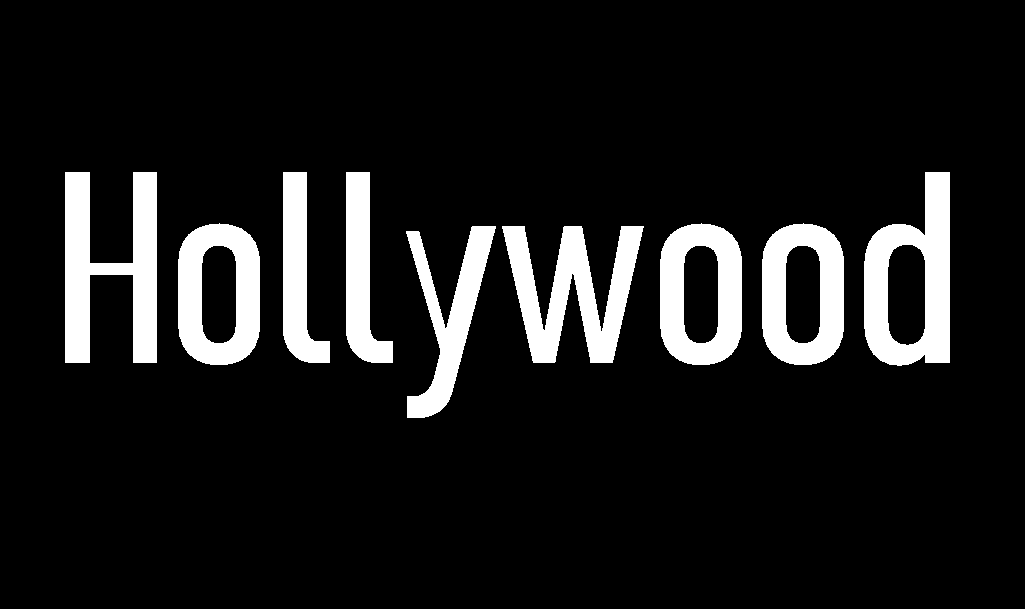
Hollywood loves to paint itself as a beacon of progress, a glittering world where diversity reigns and racism is a relic of the past. But peel back the red carpet, and the cracks show—sometimes subtle, sometimes supernova-bright. My journey to this realization started with a single line in Guardians of the Galaxy (2014), and it’s been fueled by a lifetime of seeing through the industry’s double standards, from my college days to the scripts handed to Black actors today.
It was Peter Quill’s outburst in the Kyln prison scene that first grabbed me. He spots a guard with his precious Walkman and snaps, “You blue bastard!” The quip’s tossed off as a laugh, but it stuck with me. Swap “blue” for “yellow” or “black” in a human context, and the room goes quiet—racist, no question. Yet here, cloaked in sci-fi alien skin, it slides by. That’s when I saw it: Hollywood’s open racism isn’t always loud; it’s baked into throwaway lines, hiding in plain sight. They tout themselves as better than the overt bigots, but they’re playing the same game—just with better lighting.
This isn’t about frustration; it’s about hypocrisy. Hollywood can’t have it both ways—claiming moral superiority while churning out veiled barbs for actors to deliver. Take Quill’s line: it’s not a slip, it’s a signal. A culture comfy with “othering” anyone who doesn’t fit the white default, alien or not. And it’s not just white characters getting the pass. Black actors, too, are handed racist lines—against white characters, against each other—and it’s shrugged off as “edgy” or “authentic.” There’s no middle ground in racism. If it’s wrong one way, it’s wrong every way.
My college days, 40 years back, sharpened this view. I ran track with a tight crew, many of them Black. In junior high and high school, we were brothers—no one threw around the n-word. But at university, it changed. My Black teammates slung it freely at practice, casual as a warm-up lap. It gnawed at me, but the real gut punch came at a meet. Our guy was neck-and-neck on the homestretch, and the stands erupted—my teammates yelling, “Run, n-gger, run!” over and over. An elderly couple in front of us wilted, visibly crushed. After, I confronted them: “You’re disrespecting yourselves and the civil rights heroes who bled for you.” My words? Clicks and whistles—they didn’t hear me.
That moment echoes in Hollywood. Black actors drop the n-word in films—think Django Unchained or All About the Benjamins—and it’s framed as grit or reclamation. But it’s a permission slip, letting the word fester in culture, from rap lyrics to everyday talk. Back in college, it hurt to see my teammates shrug off history; now, it’s Hollywood doing the same, scripting Black actors to sling slurs while white execs cash the checks. Meanwhile, a white character like Quill can jab at a “blue bastard,” and it’s just quirky. Double standards, same hypocrisy.
The industry’s racism isn’t always in-your-face—it’s structural, sneaky. Black actors get roles, sure, but too often they’re stereotypes: the thug, the saint, the sassy sidekick. Or they’re handed lines bashing white characters—think Chris Tucker’s zingers in Rush Hour—and it’s “acceptable” because it’s punching up. Flip that script, and heads roll. I’m North African and Persian; I see it with my own roots too—Arabs as terrorists, Persians as oily villains. Hollywood picks who gets to be racist and who doesn’t, all while swearing they’re past it.
Quill’s line was my wake-up call, but the college track meet sealed it. Racism doesn’t bend—it’s yes or no. Hollywood’s not fooling me with its progressive mask; they’re as guilty as the overt bigots they decry. Black actors deserve better than racist lines, veiled or not. We all do. Until the industry owns that, it’s just another supernova of hypocrisy, burning bright for those who dare to look.
Published by Editor, Sammy Campbell.